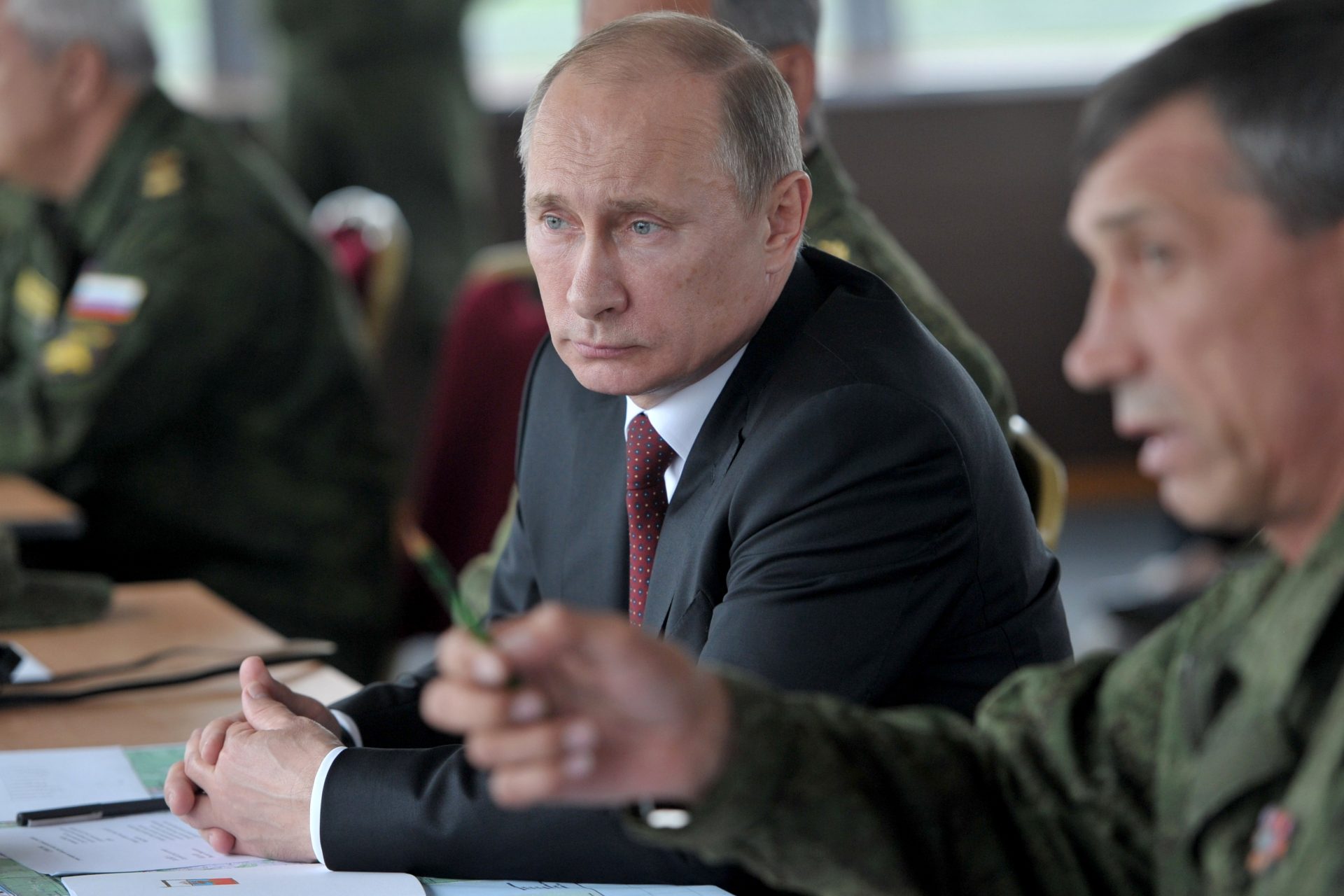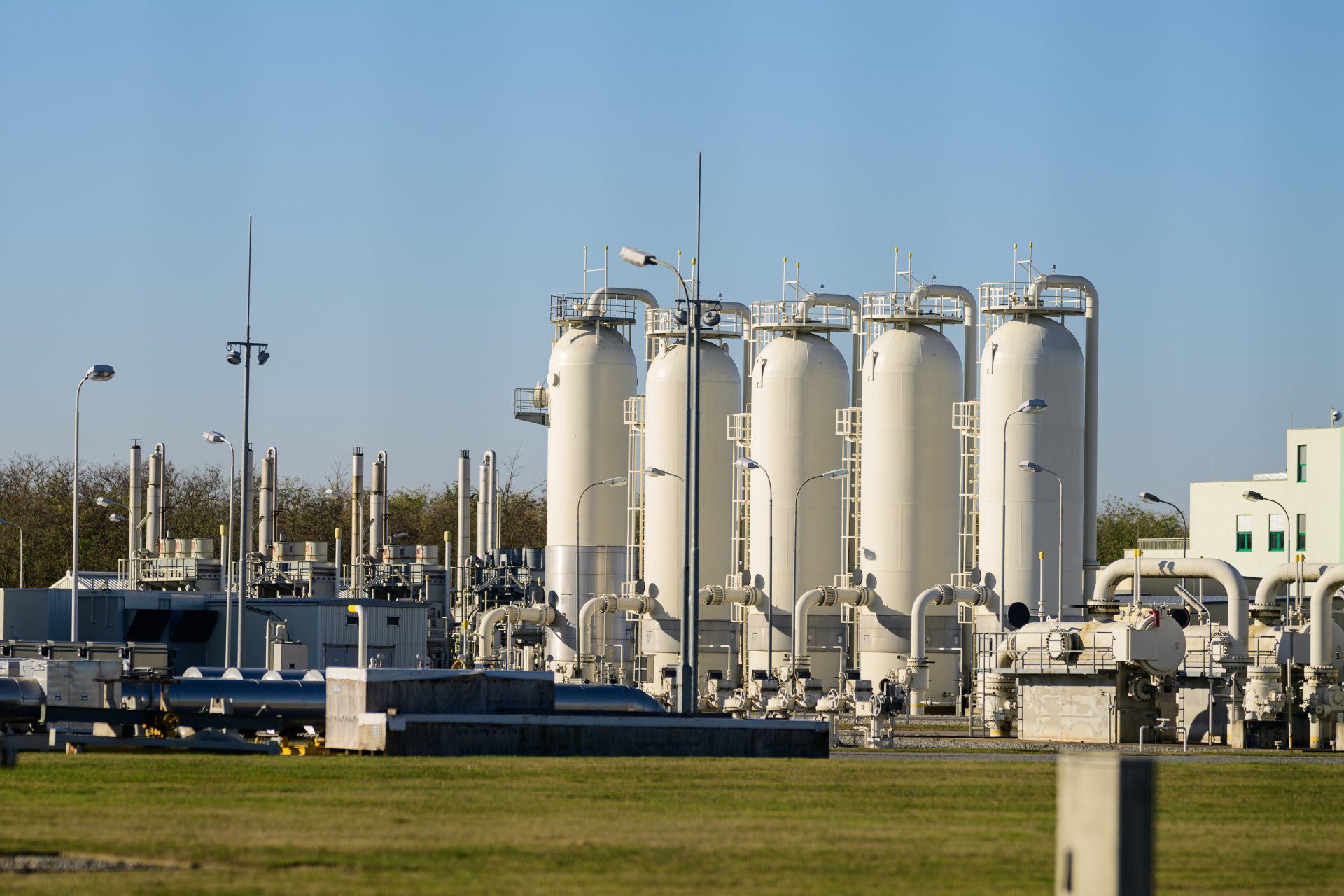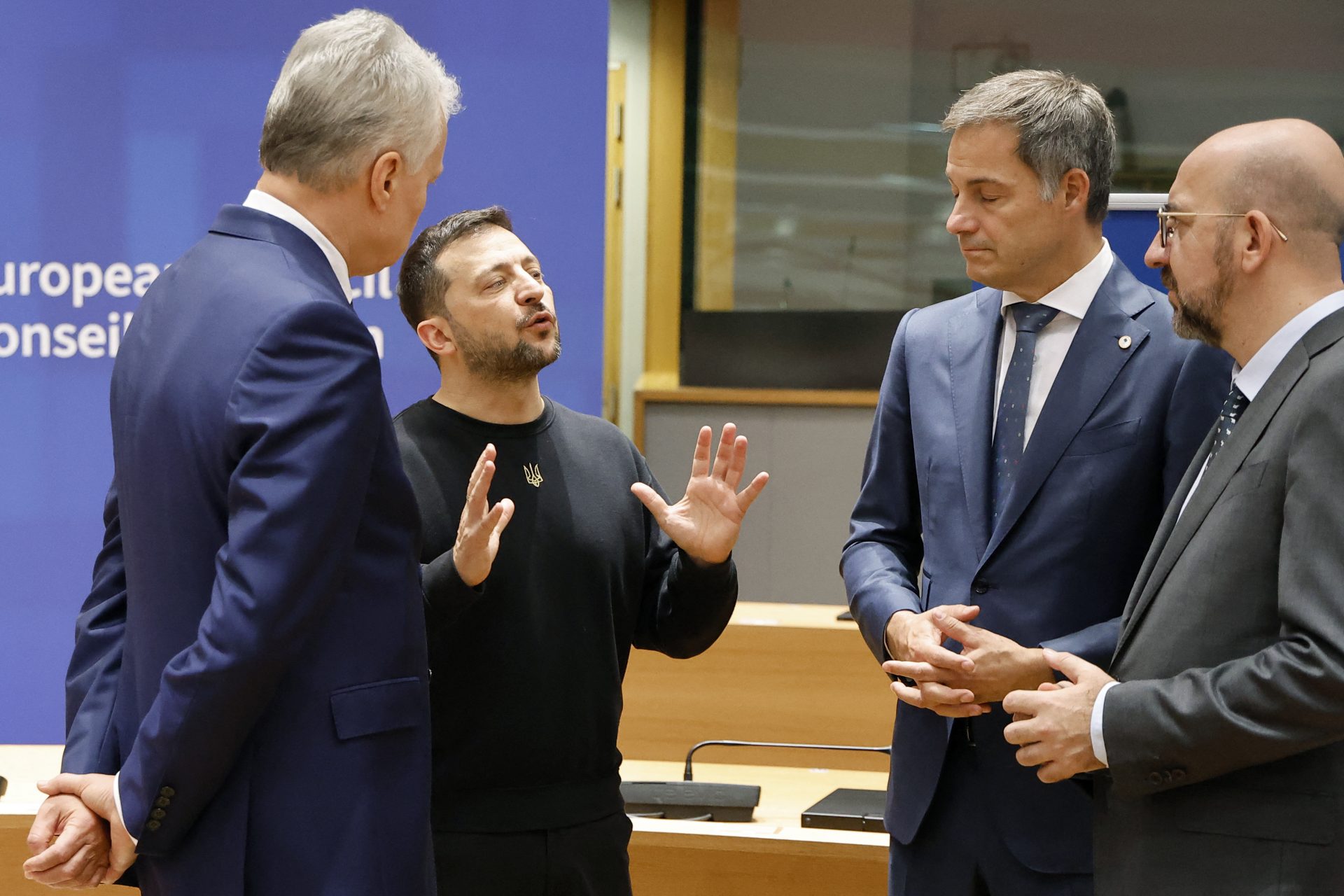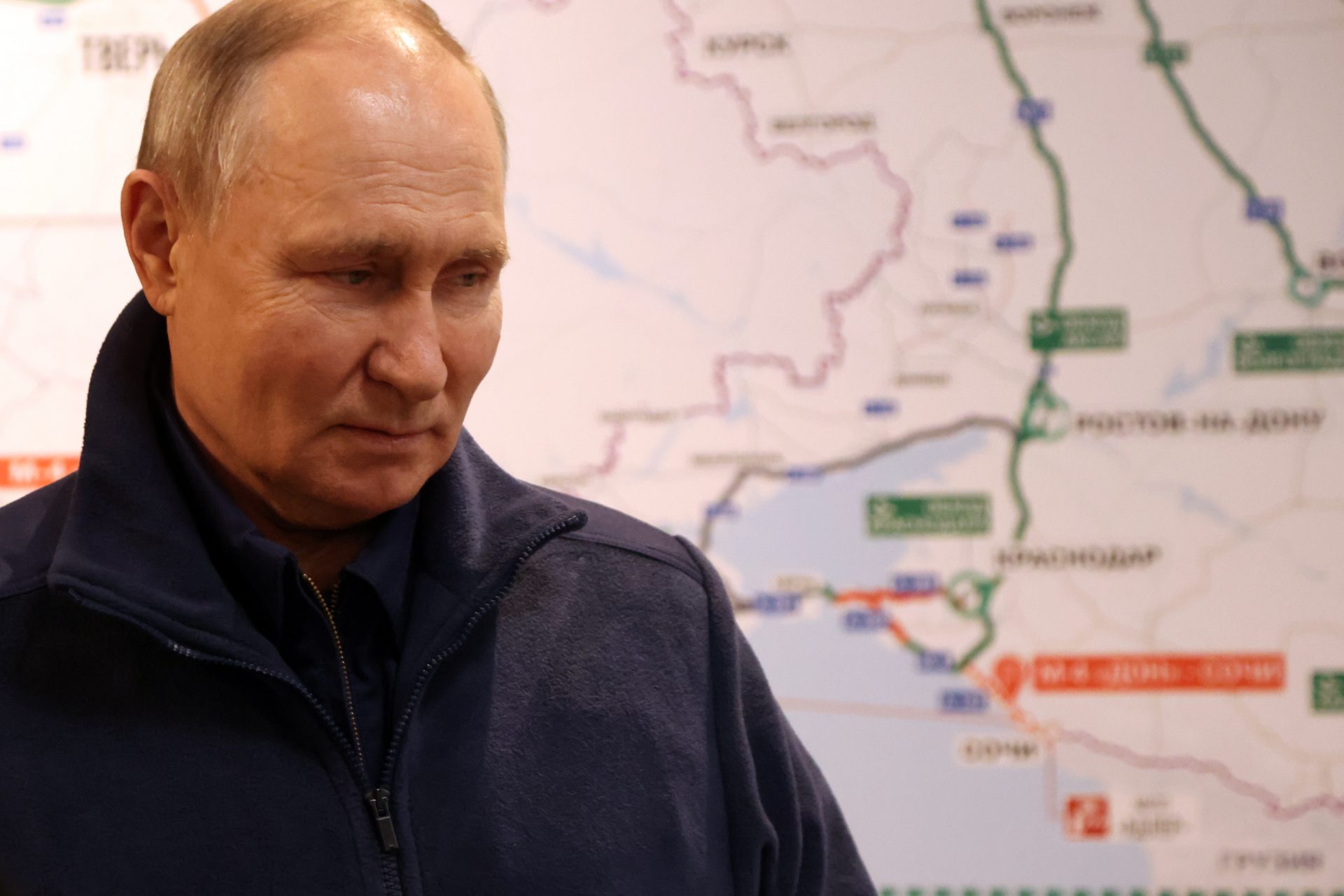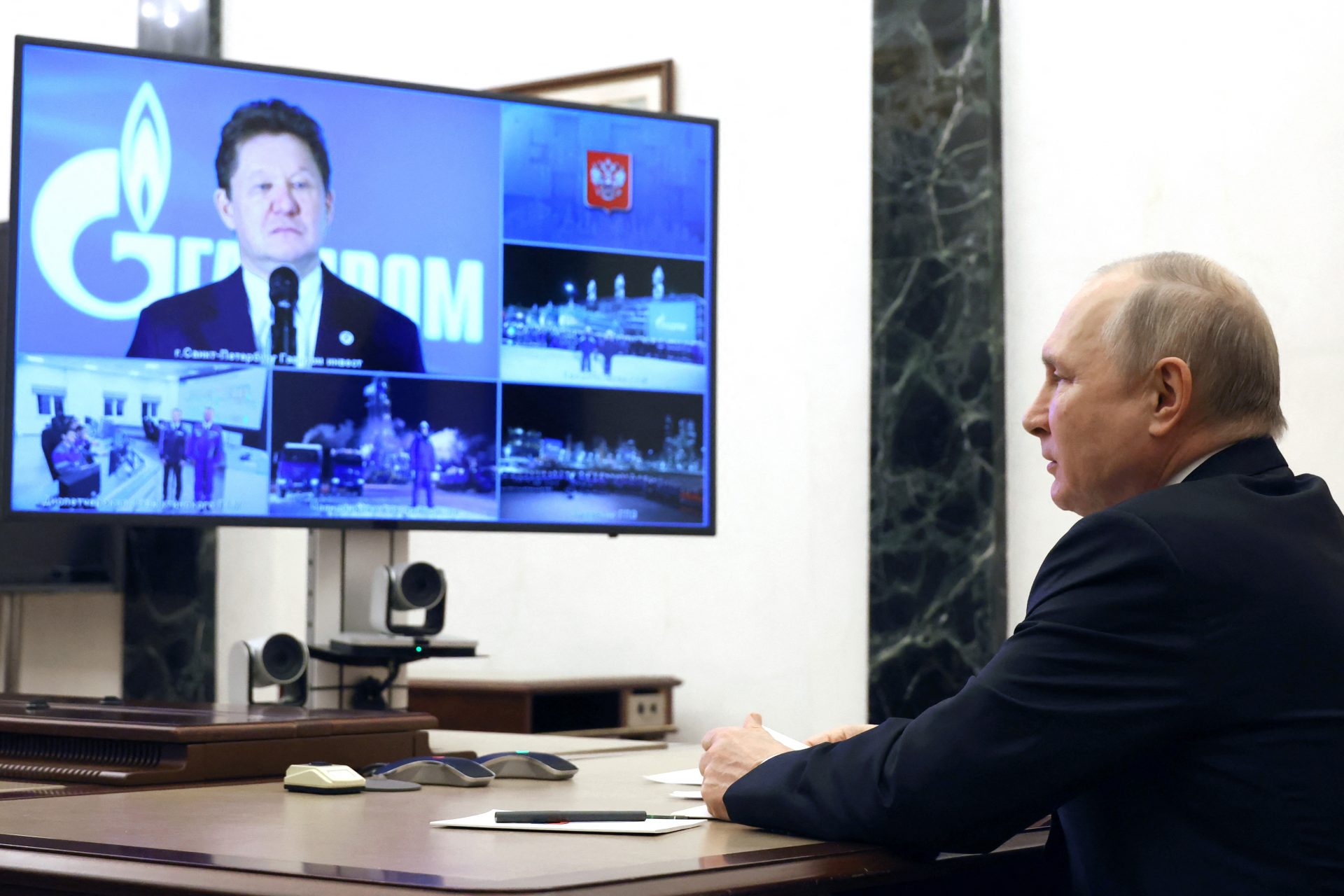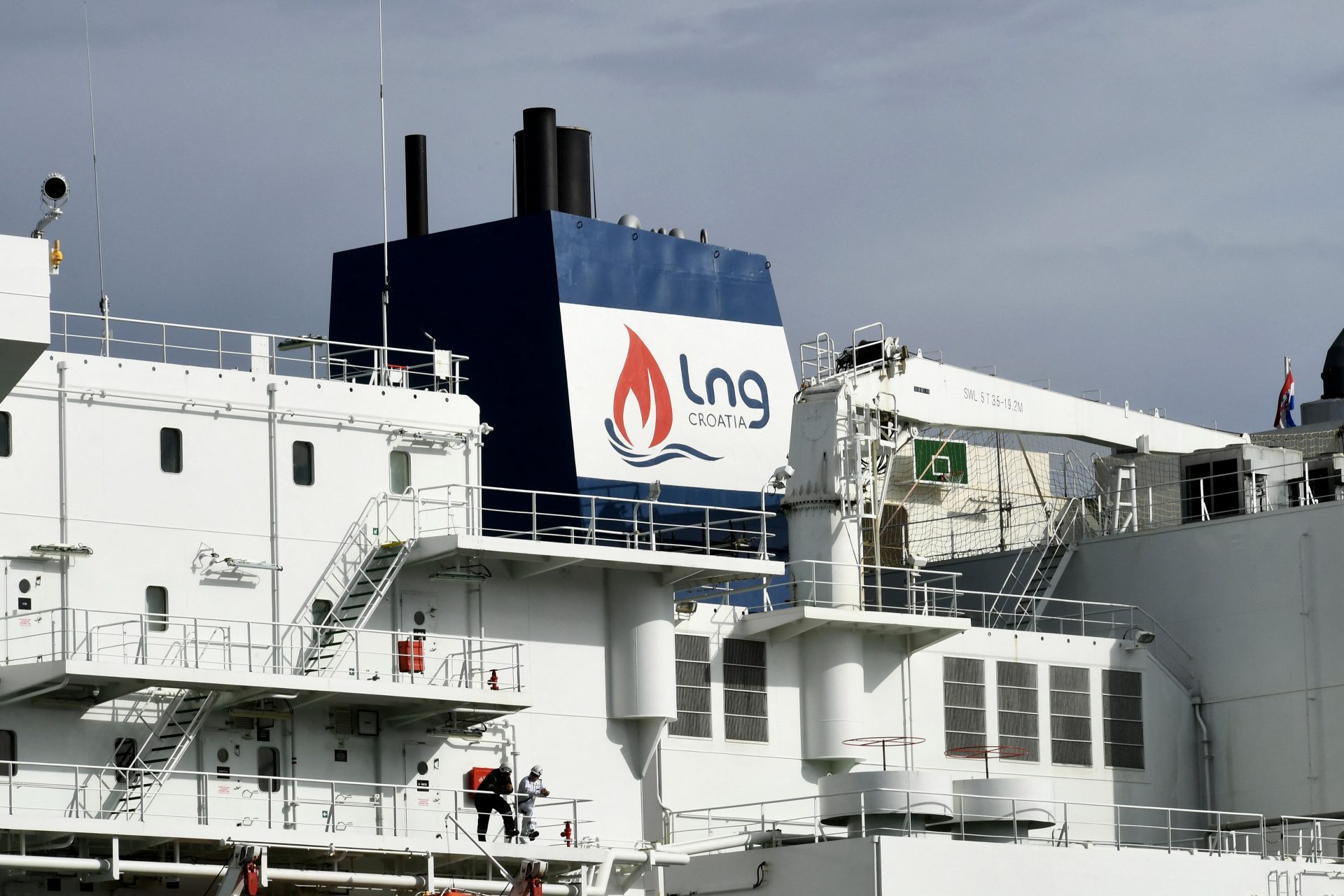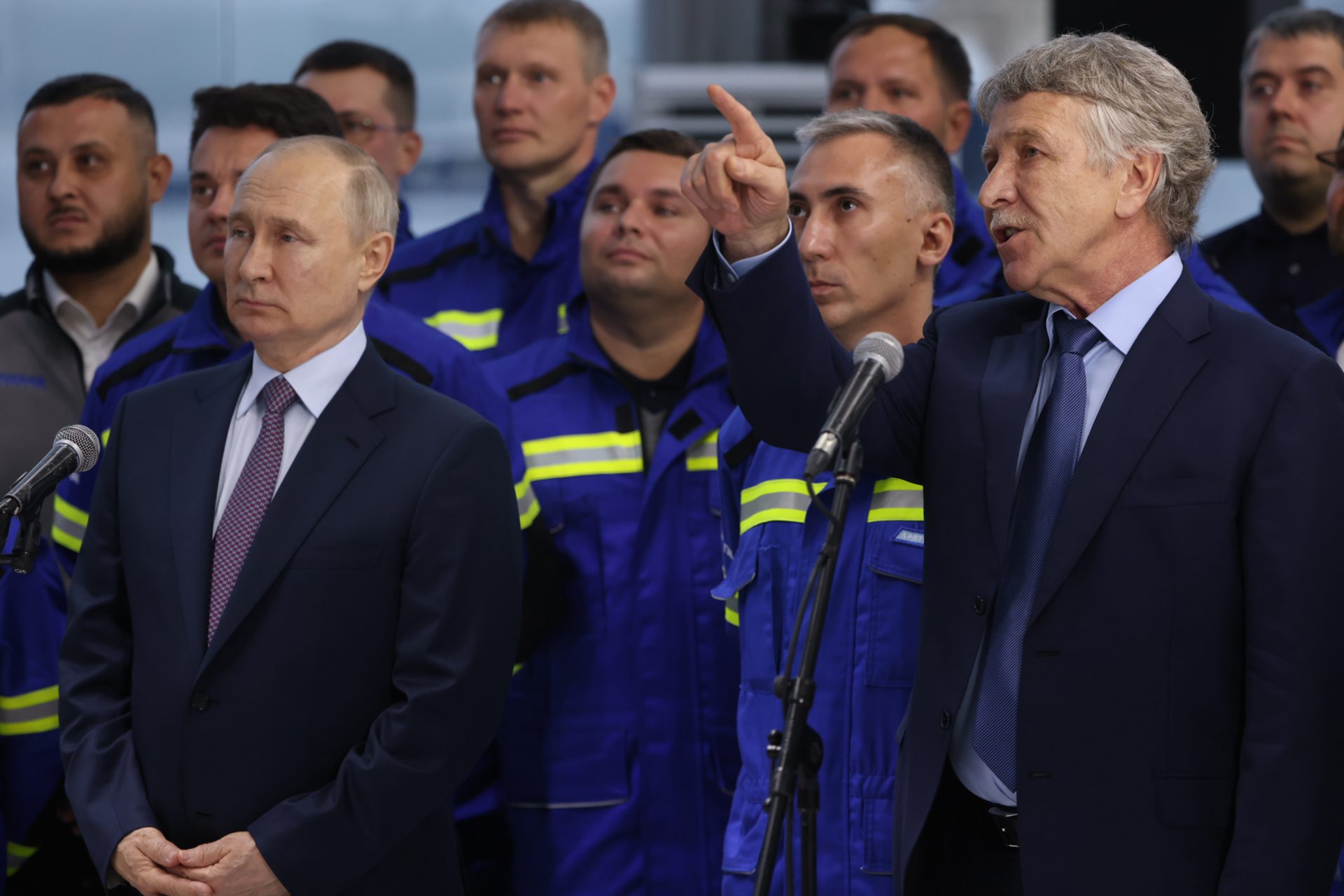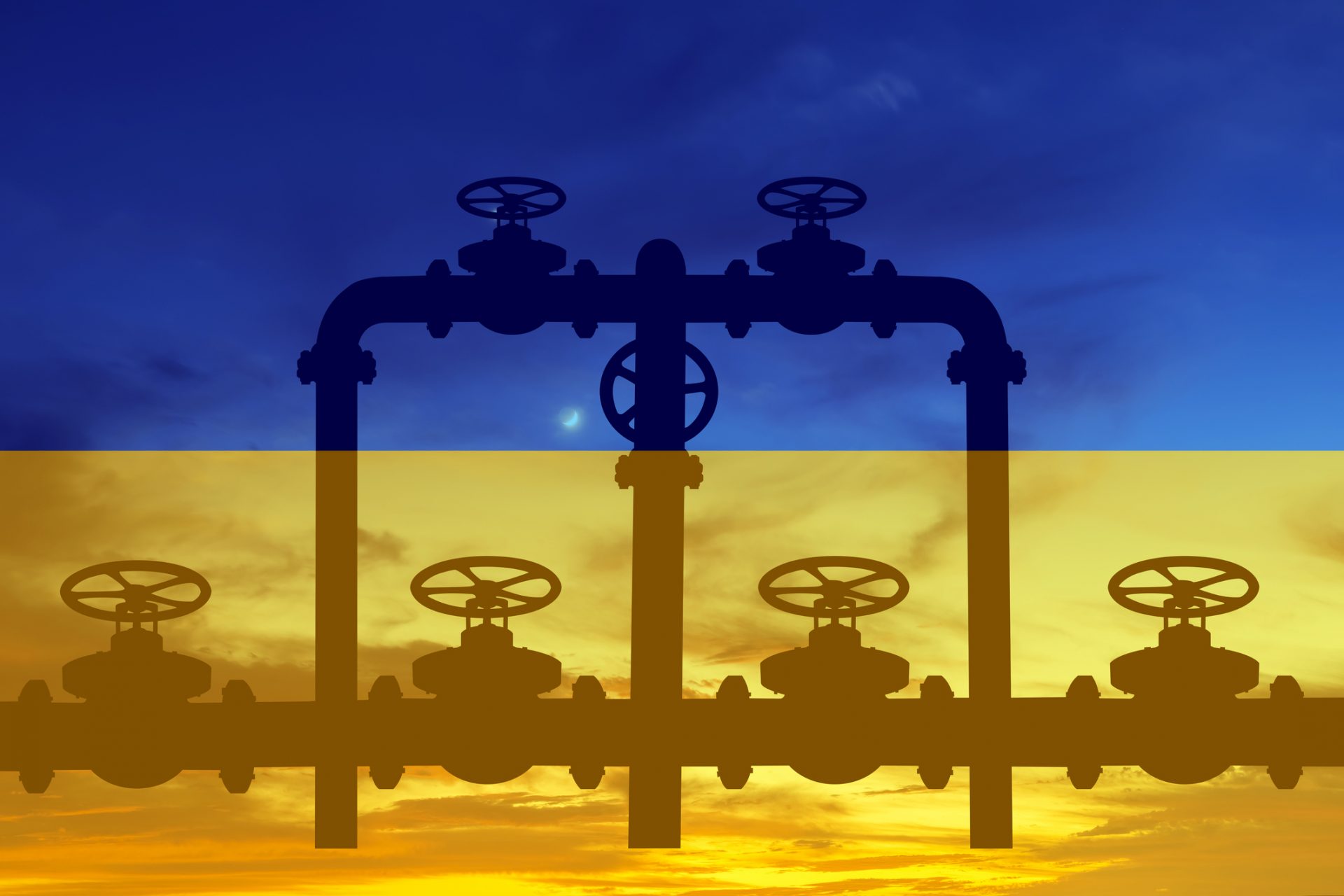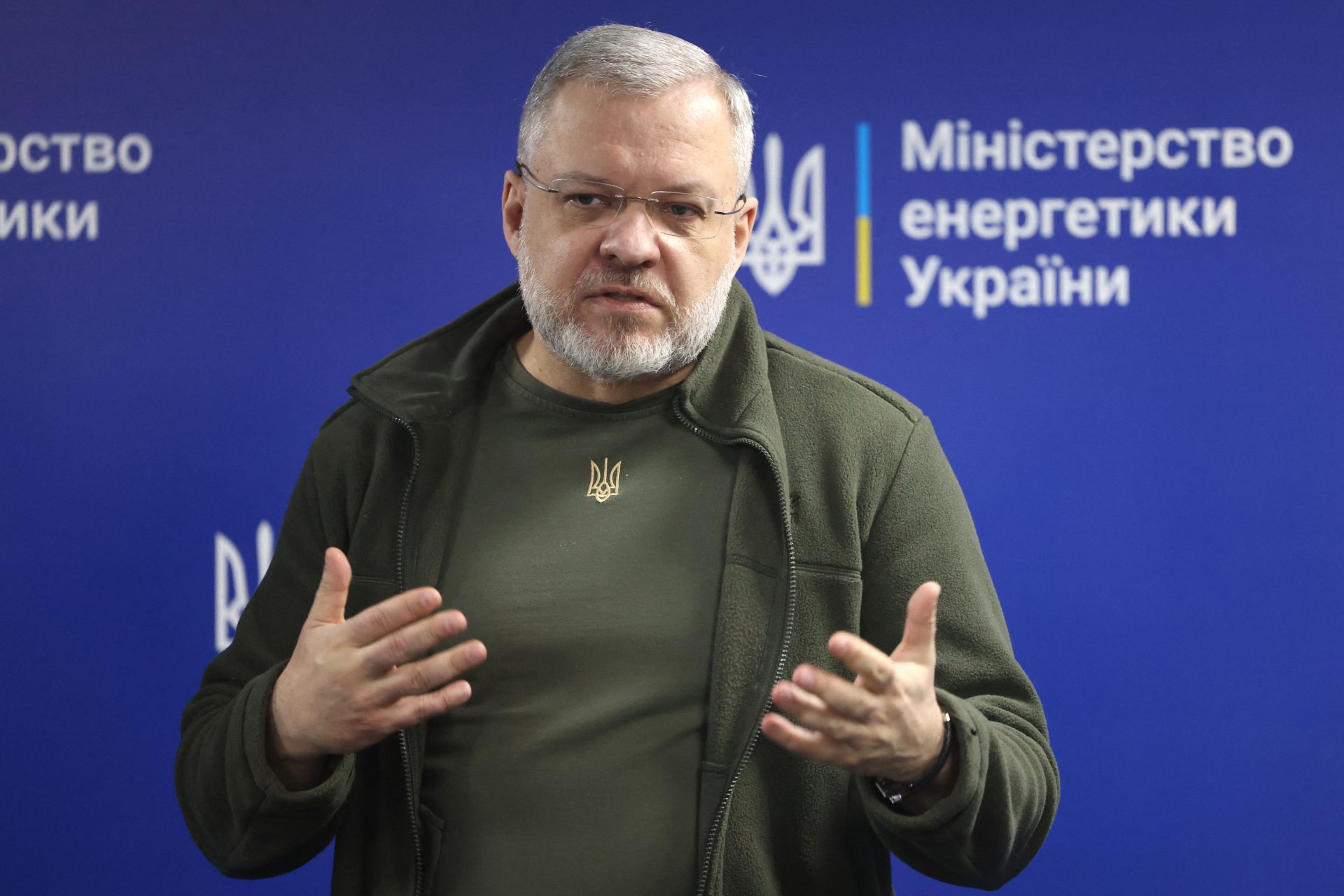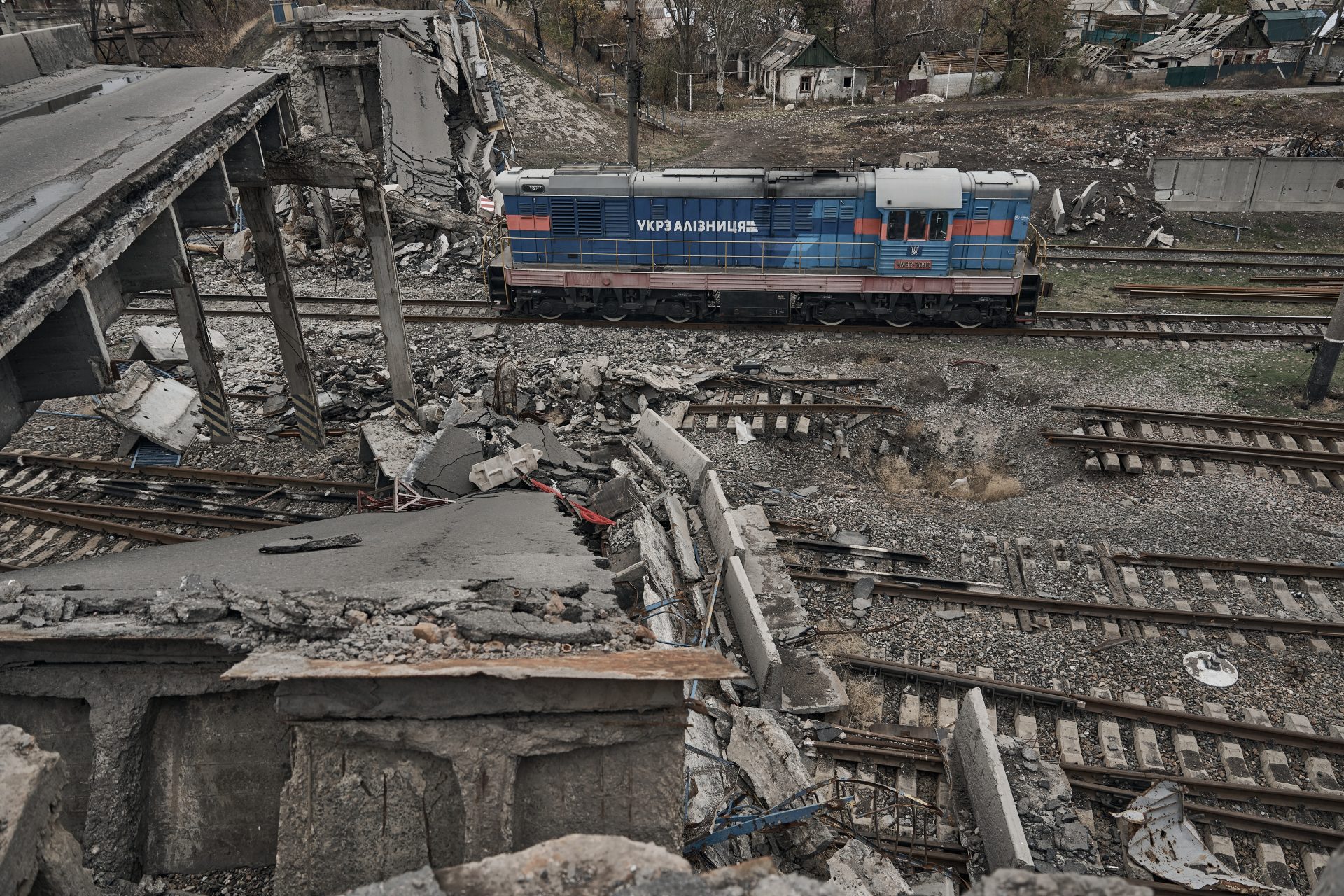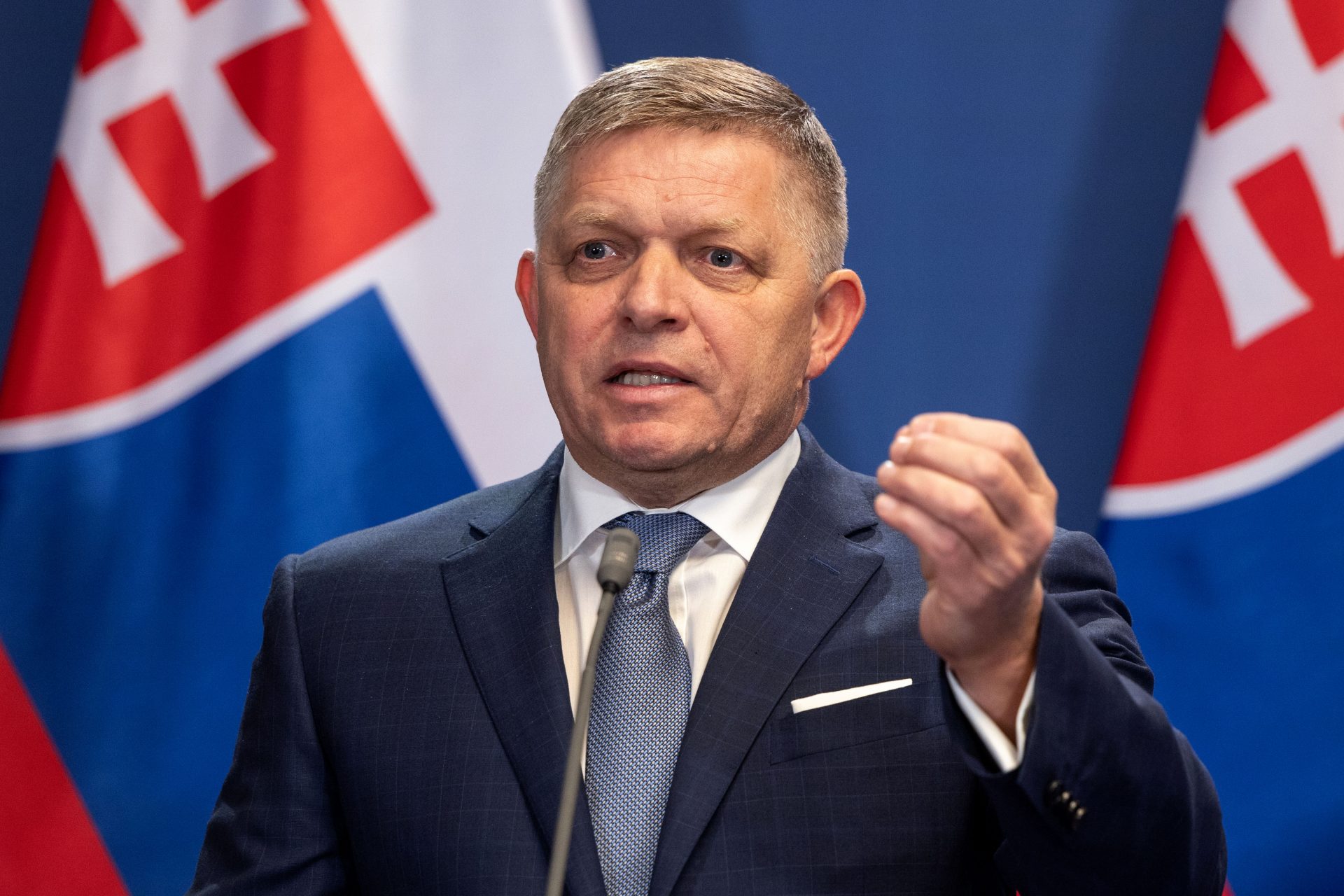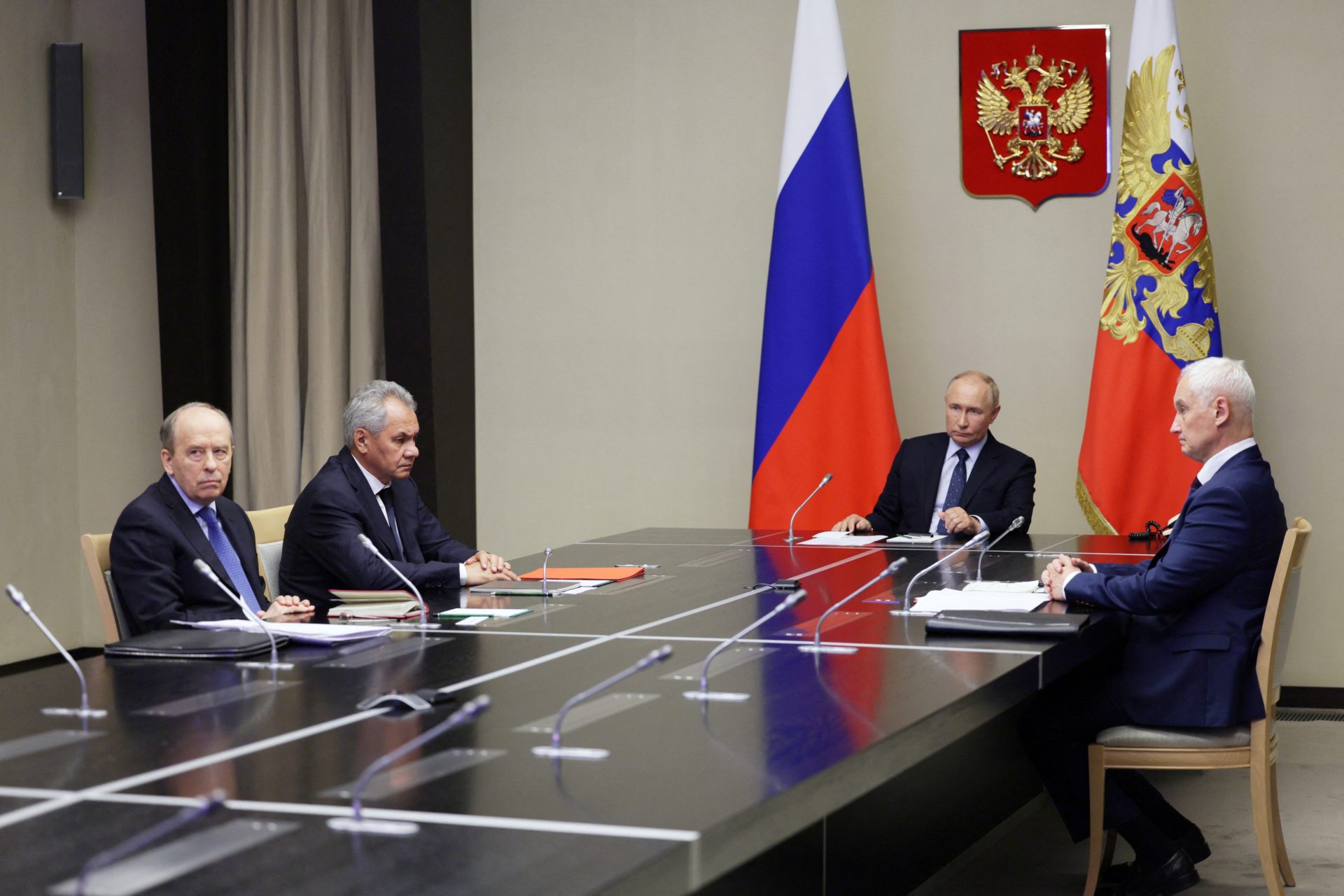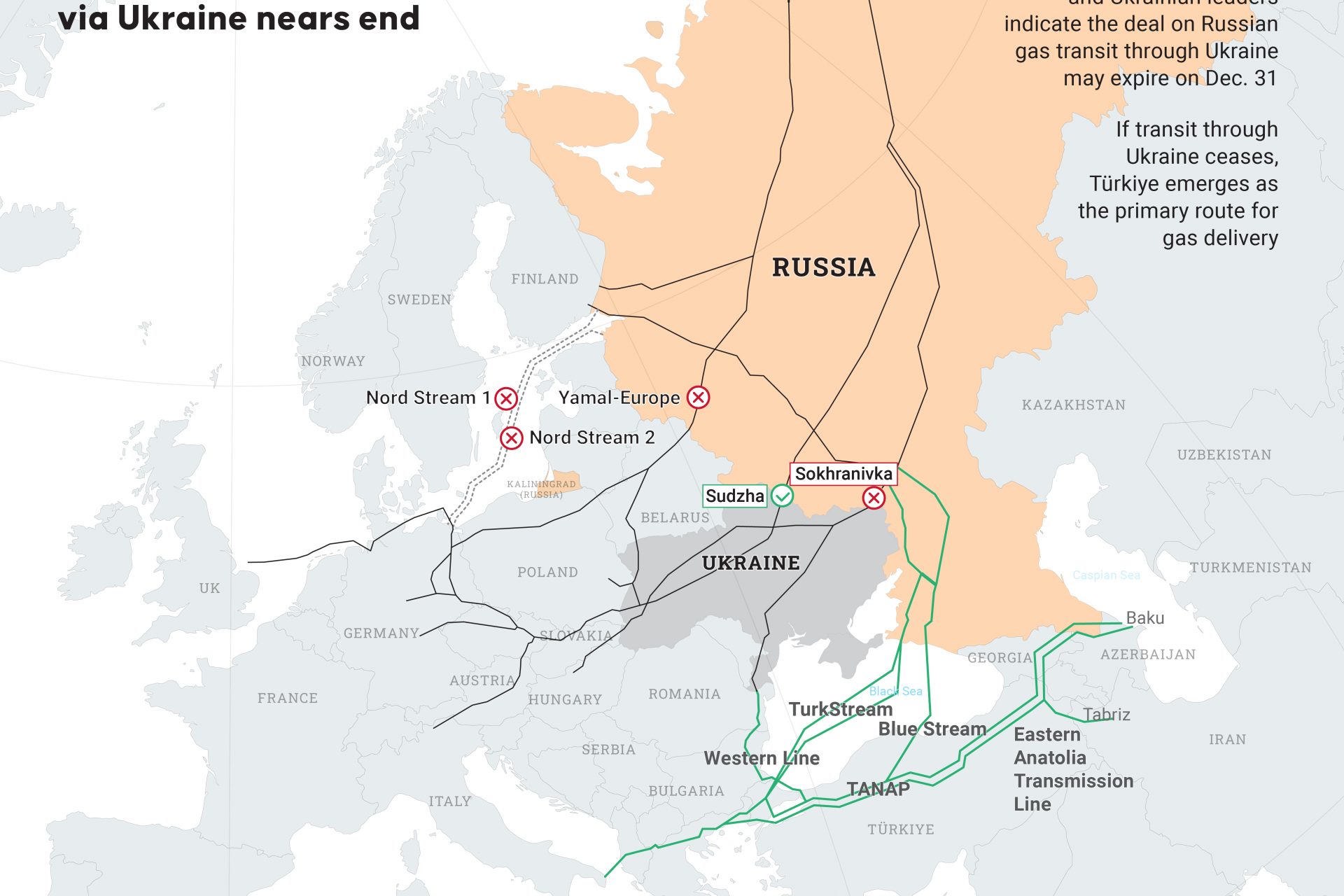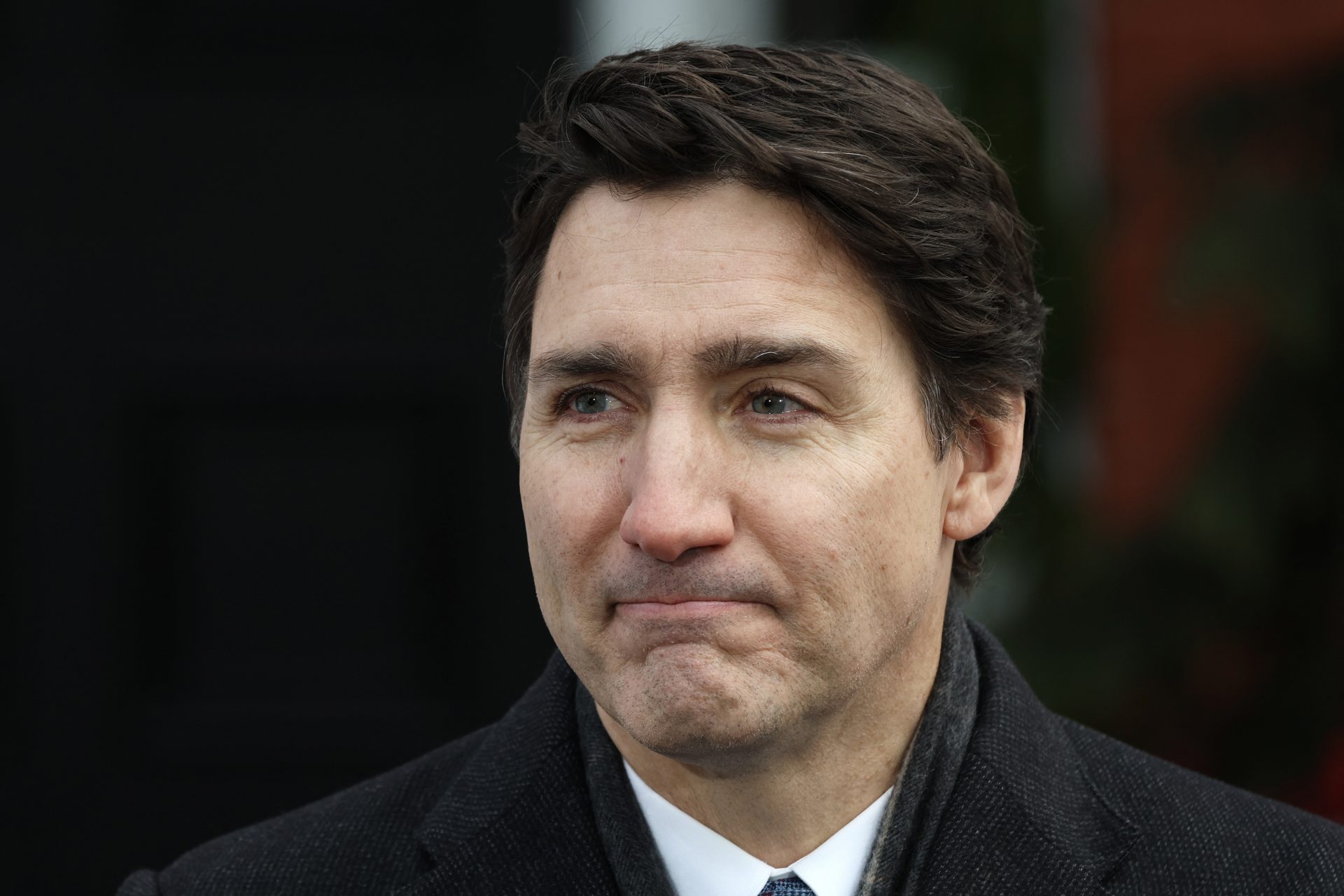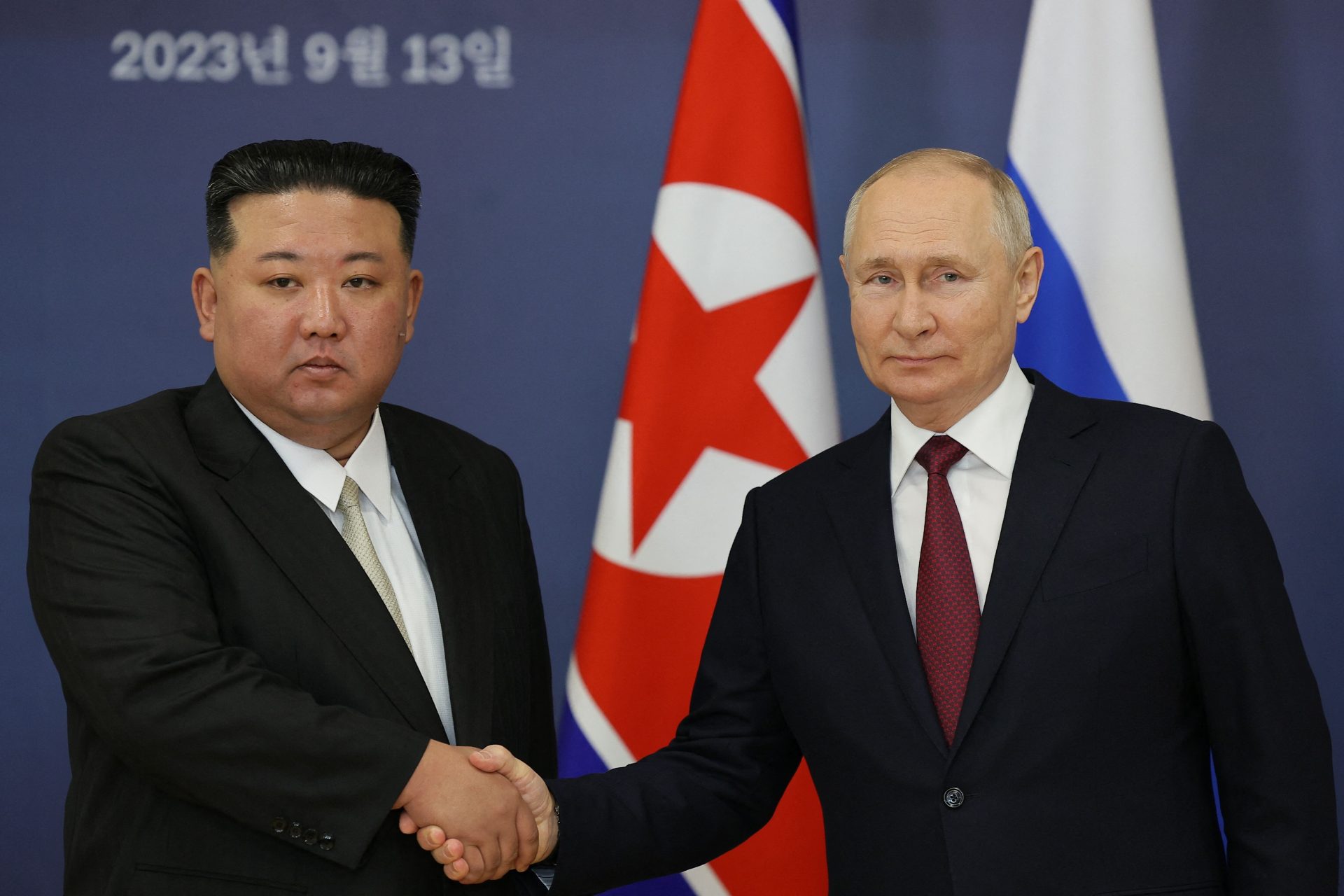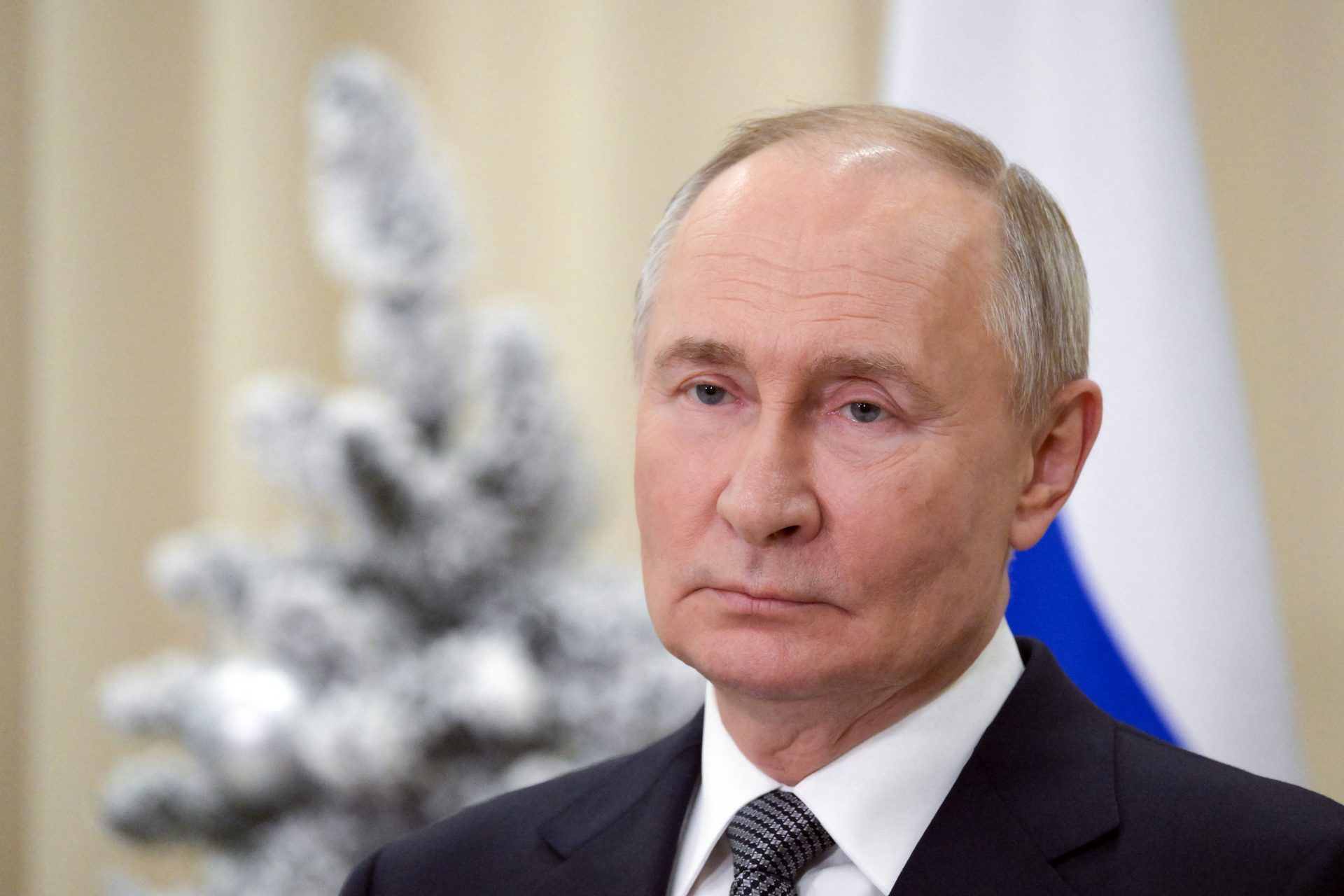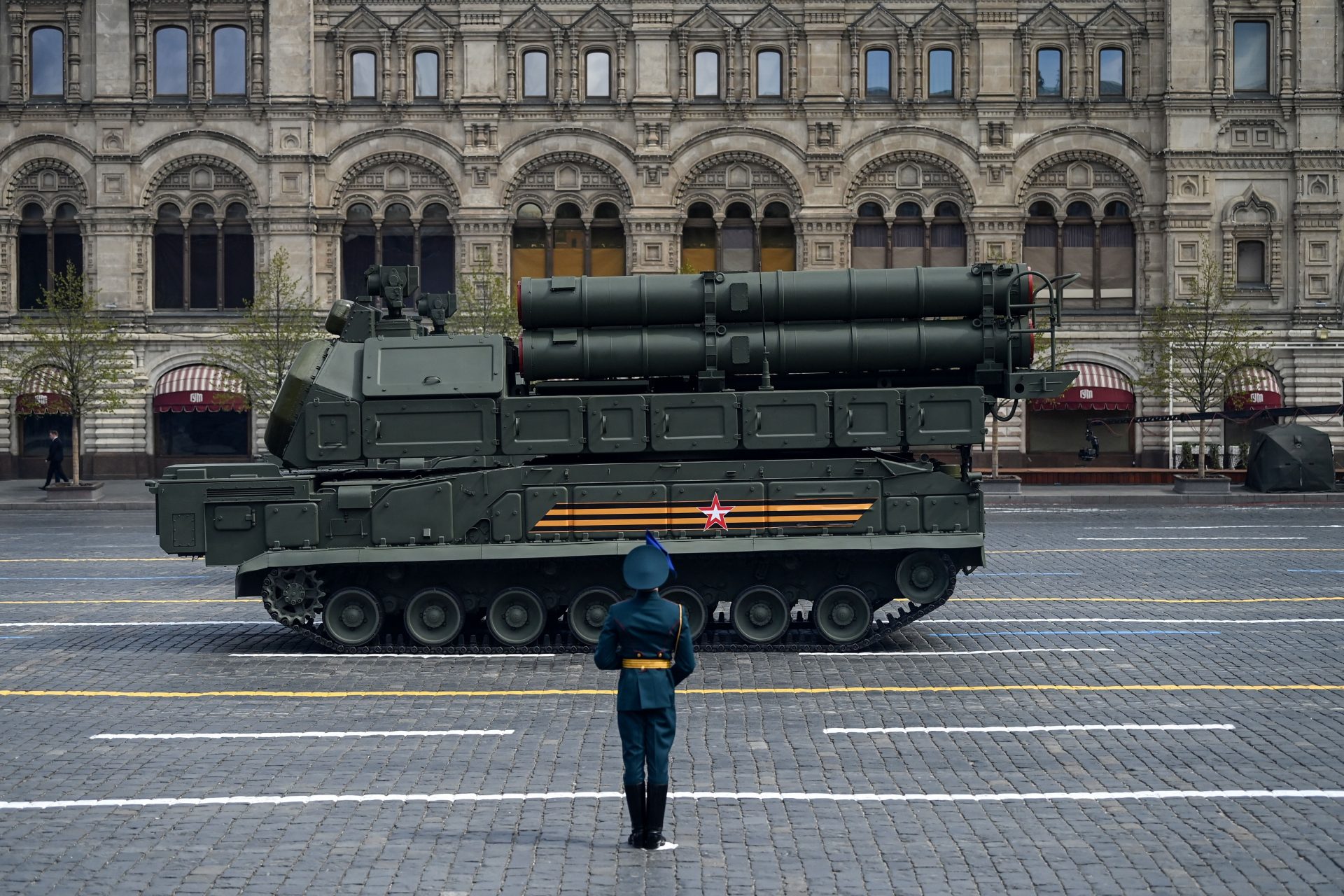Ukraine just dealt Russia a major blow
In a recent social media message dated January 1st, Ukrainian President Volodymyr Zelensky highlighted the cessation of gas transit through Ukraine as one of Moscow's significant setbacks during the war.
In December, Ukraine announced it would not renew a contract with Russia to transport Moscow’s gas to European markets via Ukraine’s older Soviet-era pipelines. As a result, gas transit via those pipelines stopped on January 1st, 2025.
“We won’t allow them to earn additional billions off our blood,” Zelensky stated in early December after he announced that his government made the decision to end Russian gas transit through Ukraine according to the New York Times.
The end of Russian gas transit through Ukraine was part of a larger plan meant to help the larger war that Kyiv and its allies are fighting against Moscow as they work to move the European continent away from reliance on Russian gas.
"When Putin was handed power in Russia over 25 years ago, the annual gas pumping through Ukraine to Europe stood at over 130 billion cubic meters,” Zelensky said in his January 1st, message on Telegram according to The Kyiv Independent.
“Today, the transit of Russian gas is 0,” Zelensky added. “This is one of Moscow's biggest defeats. Turning energy into a weapon and cynical energy blackmail of partners is what deprived Russia of its most attractive and geographically accessible market."
The end of Russian gas transit through Ukraine might be a major blow to Moscow but it may not be as damaging to the Kremlin’s overall gas business since the amount of gas that transited through Ukraine has been relatively small in recent years.
According to Reuters, the five-year gas transit deal that just ended only saw roughly 15 billion cubic meters of gas transit through Ukraine in 2023. That was 8% of its peak total gas flows via its other routes to European markets from 2018 to 2019.
The New York Times reported that at its peak, Russian gas accounted for 40% of Europe’s important gas consumption. However, once Russia invaded Ukraine that number fell by a lot thanks to sanctions.
The Urengoy-Pomary-Uzhgorod pipeline was developed under the Soviet Union and it transports gas from Siberia to Europe through Ukraine via the border city of Sudzha in Kursk, which is currently under the control of Ukrainian forces.
"We stopped the transit of Russian gas. This is a historic event,” the Ukrainian Energy Minister German Galushchenko said in a statement according to Reuters. “Russia is losing its markets, it will suffer financial losses.”
While the stoppage of Russian gas transport through Ukraine might be a win for Kyiv, it also presents new challenges for the embattled Ukrainians—it's possible Moscow could begin targeting Ukraine’s gas pipeline infrastructure in 2025.
The New York Times reported that military analysts have suggested that Ukraine’s large gas pipeline network, which has been largely spared from attack since Moscow invaded Ukraine, could become targets since the incentive to protect them is now gone.
Ukraine also runs the risk of retaliatory measures being imposed against it by European countries friendly to Russia and dependent on its gas like Slovakia, which threatened to cut off power to Ukraine after ending Russia's gas transit, Bloomberg noted.
While the future retaliatory measures Ukraine might face from Russia or other European countries are unknown, we do know that the end of gas transit through Ukraine will serve as a major financial blow to Moscow.
Reuters reported that while Ukraine will lose $800 million dollars a year in gas transit fees, Russia is expected to lose $5 billion dollars a year in gas sales. Some of this gas could be rerouted, but only time will tell if that will happen.
More for you
Top Stories



